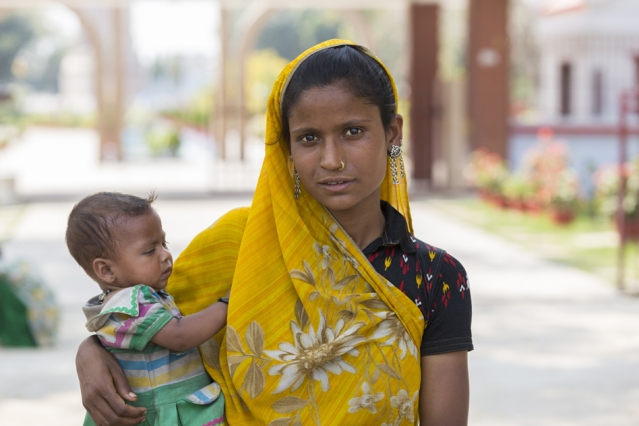RESEARCH | SOCIAL INNOVATION
How J-PAL thinks globally and acts locally

It is a huge question in development economics: If a program yields good results in one country, will it work in another? Does a vaccination policy in India translate to Africa? Does a teen-pregnancy prevention program in Kenya work in Rwanda?
And: Why or why not?
Leaders of MIT’s Abdul Latif Jameel Poverty Action Lab (J-PAL), one of world’s foremost centers for antipoverty research, have developed their own formal framework for thinking about this vexing question, over the last several years. Now, in a new article, two J-PAL directors have unveiled the lab’s approach.
“At J-PAL, we spend a lot of time talking with policymakers and giving advice, but we’d never really written [this] down in a systematic way,” says Rachel Glennerster, the executive director of J-PAL and a co-author of the new article. “This is a framework that can be used by other people who want to do this kind of work.”
Co-author Mary Ann Bates, the deputy executive director of J-PAL North America, says the new paper is a response to years of queries: “One of the most frequent questions that we get at J-PAL is a version of, ‘So a program worked in one place. Is it likely to work in my context?’”
The J-PAL method of operation, it turns out, is less about replicating bottom-line results of programs down to the last decimal point than it is about understanding the mechanisms that make programs successful.
Suggested links